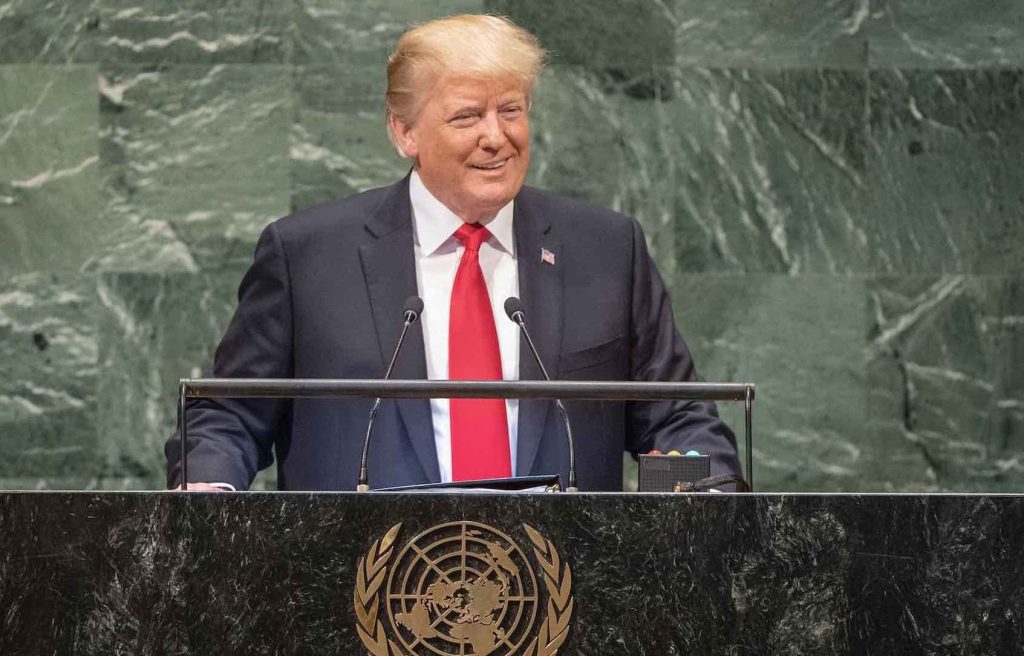Şevval Tufan
The new Trump administration is reportedly preparing a plan to deport immigrants to third-party countries if their home countries do not accept them, according to sources familiar with the strategy. Potential destinations include the Turks and Caicos Islands, Bahamas, Panama and Grenada.

This policy could displace thousands of immigrants and leave them in countries with no cultural, linguistic or social ties. It remains unclear whether these immigrants will be allowed to live or work legally in their host countries. The Trump team is also exploring economic and diplomatic measures to reach agreements with these countries.
This approach echoes the controversial policy of Trump’s first term, when asylum seekers were sent to Guatemala under a bilateral agreement. That program, which ended during the COVID-19 pandemic, has faced legal challenges from immigrant advocacy groups like the ACLU. “We sued for this type of policy during the first Trump administration because it was illegal and put asylum seekers at serious risk,” ACLU attorney Lee Gelernt said.
The administration is also pressuring Mexico to accept deportation flights for non-Mexican migrants and plans to use tariffs as leverage if necessary. In addition, the transition team aims to speed up deportations by targeting a one-week period following arrests.
Trump’s transition spokeswoman Karoline Leavitt said the administration is determined to fulfil its promise of ‘the largest deportation operation in American history’, including tackling logistical challenges posed by migrants resisting return to countries such as Venezuela, Cuba and China.
The governments of the Turks and Caicos Islands, the Bahamas, Grenada and Mexico declined to comment, while the Panamanian government said it preferred to communicate directly with the new administration after it took office in January.
This policy signals a hardline stance on migration that could lead to further legal and diplomatic disputes.





